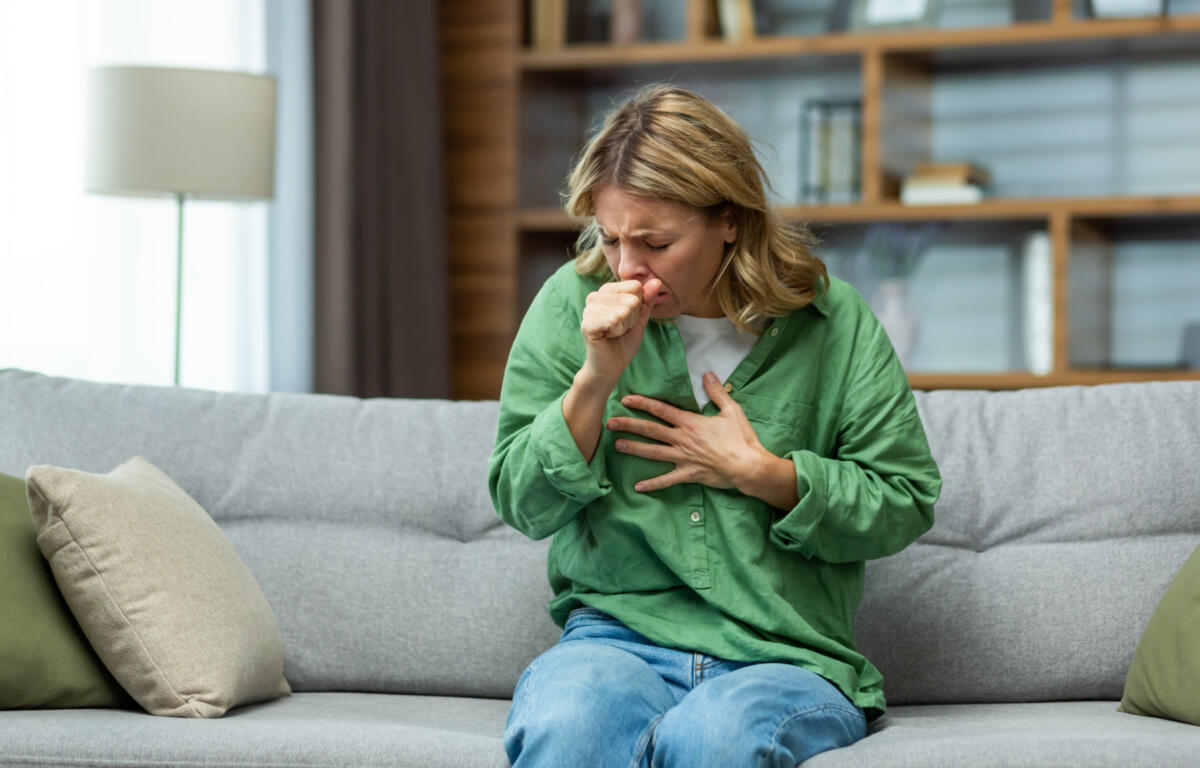URBANA, Ill. (Chambana Today) — As respiratory illness season returns, OSF HealthCare is reminding residents to take precautions against pneumonia — a potentially serious lung infection that can affect people of all ages.
Fred Burke, MD, an emergency medicine physician with OSF HealthCare, says pneumonia is caused by a virus or bacteria and can lead to significant health complications if left untreated.
“The most common bacteria that causes it is strep pneumonia [in medical terms, streptococcus pneumoniae or pneumococcus]. The viruses that cause it are things like RSV [respiratory syncytial virus], flu [influenza] and COVID-19 [coronavirus],” Dr. Burke says.
In some cases, a flu or viral infection can progress to pneumonia. People who develop the illness often experience coughing, fever, chills, weakness, and difficulty breathing. “It can cause a consolidation in the lungs. That interferes with air movement,” Dr. Burke says. “You can also get fluid buildup and scarring in the lungs.”
To confirm a pneumonia diagnosis, health care providers may use chest X-rays or CAT scans. “If we find it’s from a viral infection, people have to ride it out. There’s no treatment for [the ailment itself]. But we can treat the symptoms. We can give Tylenol for fever or an inhaler for shortness of breath or wheezing,” Dr. Burke explains. “If it’s from a bacterial infection, we give antibiotic medication.”
Treatment may include oral antibiotics for one to two weeks or intravenous (IV) therapy in more severe cases. In some instances, a bronchoscope may be used to help clear mucus from the airways.
But Dr. Burke emphasizes that pneumonia should never be taken lightly. “One complication is sepsis, when the infection spreads to the blood. That can cause organ failure,” Dr. Burke warns. “Pneumonia can also cause respiratory failure [when the lungs aren’t working properly]. Those people might require additional oxygen. Or if it serious enough, they might require intubation [a breathing tube down the throat] or be placed on life support.”
Pneumonia can spread through respiratory droplets — coughing, sneezing, or even touching contaminated surfaces — making hygiene especially important.
Wash hands frequently, cover coughs and sneezes, and stay home when sick, Dr. Burke advises. People at higher risk include smokers, those with chronic illnesses such as COPD, and individuals with weakened immune systems.
The Centers for Disease Control and Prevention also recommends the pneumococcal vaccine to reduce risk and severity.
“The vaccine comes from evidence-based medicine. Experts have done studies. It’s shown to be very effective in decreasing the severity of pneumonia,” Dr. Burke explains. “I would recommend people take the vaccine.”
For more information about pneumonia prevention and vaccination, visit newsroom.osfhealthcare.org.


